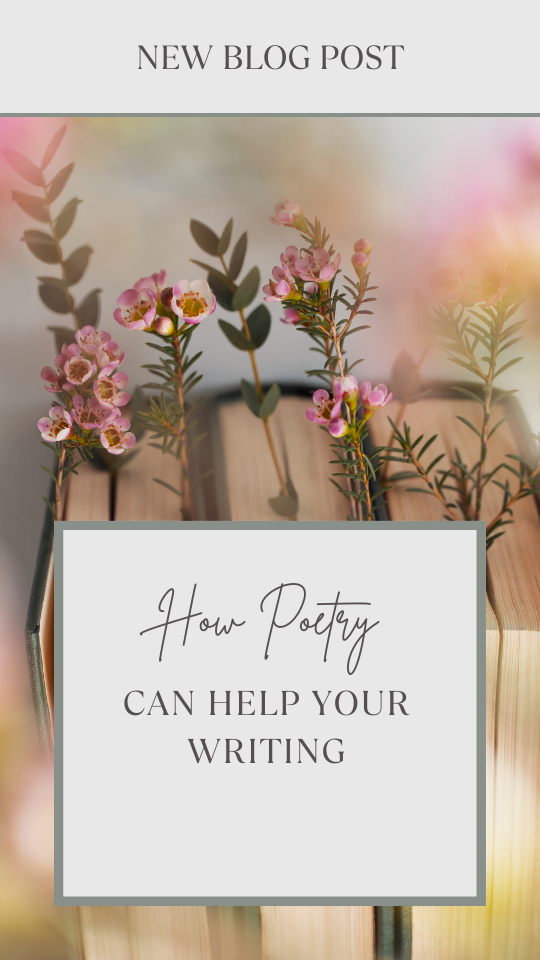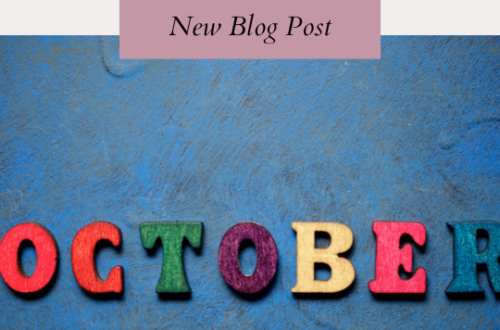
How Poetry Can Help Your Writing
Writers are always looking for ways to improve their writing. To create a better flow of words as they create compelling characters and fascinating worlds. Poetry has been known to provide a wealth of perspective and skills to the writer that aids in the writing process.
Reading Poetry

Let’s first take a look at how reading poetry can help in the writing process and artistic creations. As with most careers or research, you’d be surprised by what could help you along your journey. Take time to search and really pay attention to how something could be used in another realm.
With writing, especially in fiction, literally any information is an advantage: Medical procedures, space travel, horse care, and so many more. So, why wouldn’t poetry add to your arsenal of techniques and tools?
Rhythm
Poetry has a rhythm to it that will carry your readers along the poem to the very end. Though this may be a bit difficult to achieve in longer prose, it’s not impossible. Keep in mind that you want to grab the readers attention and keep them engaged throughout the poem or story. Adding some poetry and rhythm to your writing can help keep your readers interested to the very end.
Pacing and word Choice
When reading poetry and noticing the rhythm within, your writing begins to impact the readers on another level. With the use of Pacing and word choice, poetry creates a connection to the reader that goes beyond reader-character connection. It guides it to the emotional-present feeling you want your readers to experience. Create a world with words that your readers feel they’ve transported to, connected to, and present within the land.
One way to do this is to read poems of the same theme and mood as your story. Really read and pay attention to how it’s written, what words are chosen within the pieces and the rhythm used. Writers tend to focus on getting their information onto the page, yet forget to think of attention to interest and absorbtion of information. Notice that poems use varying sentence lengths to convey their ideas. The diversity in sentence lengths allows the reader to stay focused and in pace with the writing, creating a way to control the way the reader feels as they read.
Cliches
Cliches are usually frowned upon when writing any piece of literature. The thing is, cliches are great if you alter them a little to create something new. Use those overused cliches you read every now and then, altering them to fit your writing in a unique way. If successful, you can create something so powerful, the readers never saw it coming. Surprise them!
Imagery
The use of words in creating an image for your readers can be difficult, but it’s not impossible as poetry can show you. Reading poems can show you a way to use words effectively to create an image for your readers to visualize.
Specific descriptions in your writing will create a world for your readers to visualize and immerse themselves in as they read. This can go back to word choice as well. Those words you use in your description of your world, characters, facts and more will create the vision and world your readers are looking for within the story. Show them the world they are stepping into as a poem can do with choice words and description.
Improve Your Writing Skills With Poetry

Now that we’ve touched on reading poetry, writing poems can also help improve your skills as a writer in many ways.
Creativity
Reading and writing poems not only provide a different perspective in the writing world. Poems allow you to express the topic in as few words as possible while still creating the imagery needed to picture the poems main points.
It also allows you to practice word pairings for your writing, describing rooms, items, and more in precise, succinct ways. This will get the image planted quickly without taking away from the rest of the story with long drawn out narratives.
With poetry you can let your creativity free to find new ways of seeing the world, words and more. Write poems in free form, whimsical, or any other format you choose. This freedom gives you confidence as well as the tools to help in your writing.
Vocabulary and Language
Reading anything can improve your overall vocabulary, and poetry is not different in that realm. Reading poems may allow you to see words in a different light and use them in different ways. You never know, it could help you find unique phrases to convey details and unravel the world, creating an image for your readers to see.
Placing emphases on words and phrases will allow for the communication of emotion, meaning, and will create the mood of the story. You don’t want to use just any word when it comes to your writing, you want to create the right nuance, rhythm and sound for the story. Discover what will fit.
Sentence Structure
Poetry is confined to a small area. Yes, there are longer poems that use multiple pages, but not as long as a novel. Writing and reading poems with condensed space can teach you how to construct sentences in effective, concise ways to keep the reader interested and the story moving.
When writing poems you realize just how important words are to the size of the story as well as emphases to add power, interest, and connection with your reader. When finished writing, return and trim the unnecessary from your sentences, paragraphs, and chapters. As an already useful technique, studying and writing poetry can help you with that process, keeping what really matters.
Details and Descriptions
We, as authors and writers, are often caught up in plots and subplots. We forget to focus on the details that will pull your readers in, keep them interested and allow them to see the world you created through their imagination. Keep in mind what is at the heart of your story and how you want to relay the image they are to see.
Fun
Poetry can provide a way to let loose and entertain your creativity in multiple ways. Writing in free-form allows you to stray from the confines of paragraph and sentence structure. It also allows you to play with language and word choice, discovering how beautiful and freeing worlds can be.
While it allows you to express yourself through a creative outlet for stress, communication, emotions and more, it also encourages you to focus on the writing of the poem. This helps you to see writing in a different perspective.
Improve Your Storytelling

As we’ve been talking about how poetry can help you with your writing, it can help you with storytelling in some of the same ways. When you take a look at any other type of writing, you open your mind to other possibilities and perspectives that you may not have noticed or thought of before.
With poems, there are certain guidelines and restrictions the format must adhere to, but your creativity and word choice are open to the fullest. This gives you the chance to pay attention to detail, providing only what is necessary to make the biggest impact within the confined format. Each piece of the poem/story deliberate and working toward a unified purpose.
Use the creativity that poems provide to see your world, items and people in a way that will aid you in your descriptions, keeping them succinct yet vivid in the minds of your readers. Your show and don’t tell rule comes in handy here for practice with word choice and imagery.
Final Thoughts
As a writer, you try to see the impossible, the adventure, and the intrigue, but there are times when you need look other places to find even more inspiration. Poetry can be one of those places as it offers so much to the writer to use and learn from.
What have you learned from poetry that helped you in your writing? Comment below!




